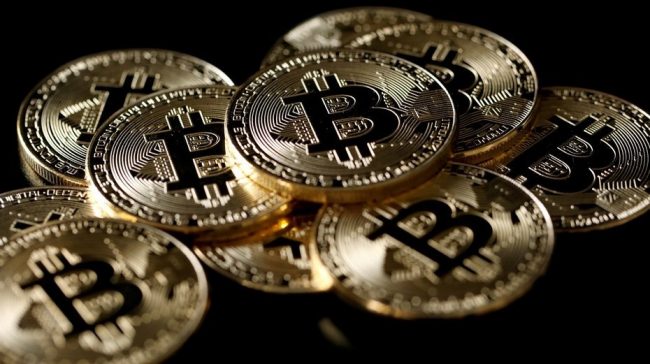
The renowned Bittrex cryptocurrency exchange platform revealed that it would delist Bitcoin Gold (BTG) and all of the BTG commercial pairs once the team responsible for BTG declined paying compensation to Bittrex that suffered as a consequence of the hacks that happened on the Bitcoin Gold (BTG) blockchain in May 2018.
In May, Bitcoin Gold suffered a so-called 51% or double-dealing attacks with $18 million in BTGs being hijacked from multiple crypto exchanges. Bittrex was the biggest victim of the hacking. The US-based trading platform first claimed 12,372 BTG (about $265,000) in compensation, but then dropped the sum to about 6,000 BTGs, says the Bitcoin Gold (BTG) team.
BTG team refused to pay the compensation, arguing that it is a non-profit organization. Instead, they offered a loan to Bittrex, but the cryptocurrency exchange platform declined the proposal.
As such, via the commercial BTG/BTC, BTG/ETH, and BTG/USDT, Bittrex currently accounts for approximately 3.3% of the global Bitcoin Gold (BTG) market segment, meaning that an elimination of the Bitcoin Gold (BTG) token from the Bittrex cryptocurrency exchange platform would negatively impact the trading volume of the BTG crypto coin.
Bittrex cryptocurrency exchange to delist Bitcoin Gold (BTG)
In a nutshell, the team responsible for Bitcoin Gold (BTG) feels that the hacks were the result of a Bittrex security vulnerability and that the team does not feel liable for any damages.
“In light of the potential impact of BTG on the Community, our Board carefully considered its claim but concluded that we are not entitled to make a disbursement from the Fund to cover the losses of a private company for its own security breaches,” stated the Bitcoin Gold (BTG) team.
However, this is likely to have a significant impact on Bitcoin Gold (BTG), although it looks like an act of vengeance on Bittrex’s part. Also, Bittrex decision to delist Bitcoin Gold (BTG) is in line with its internal policies, as well as with the regulations the US has on cryptocurrency exchange platforms.




